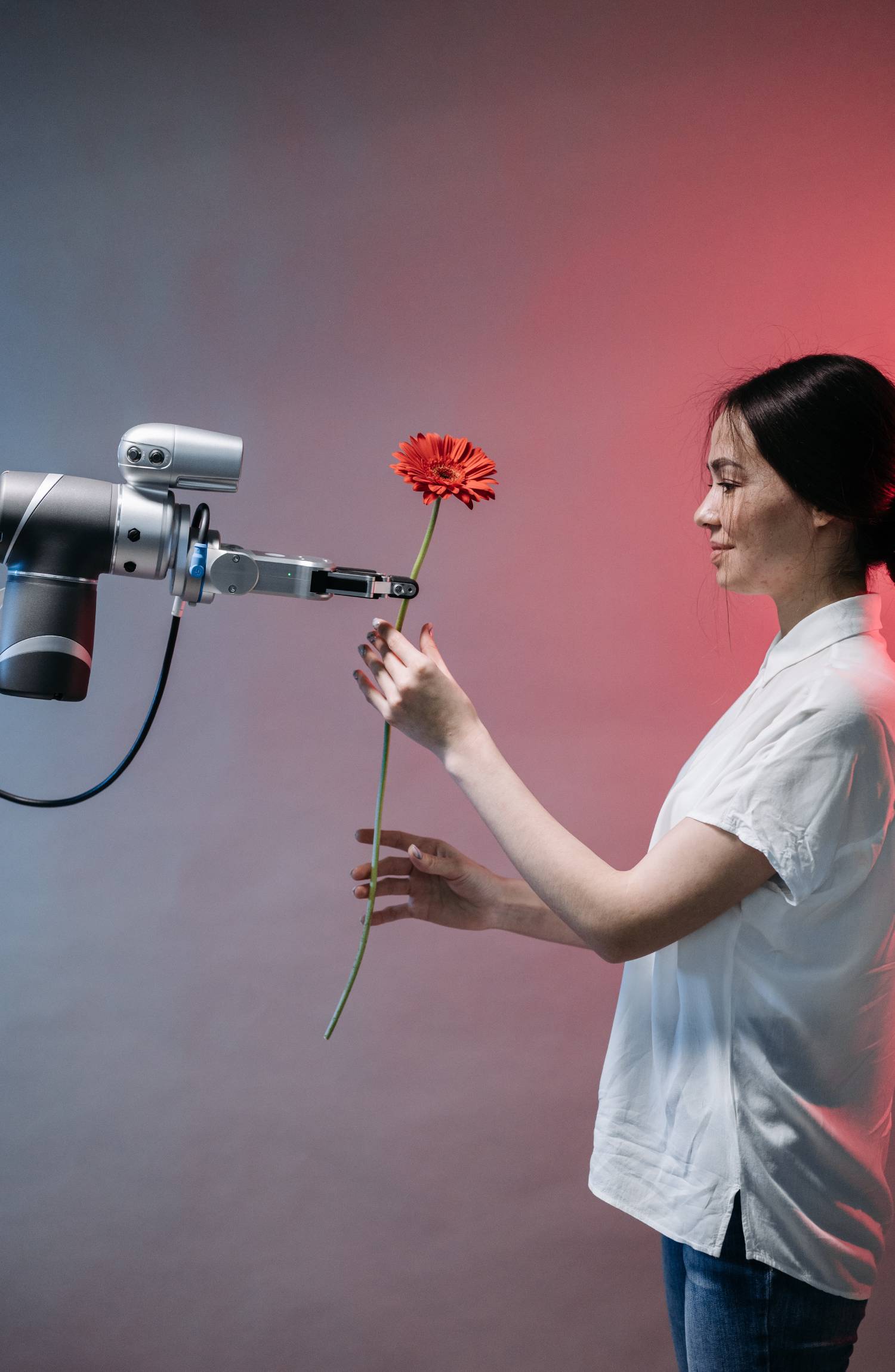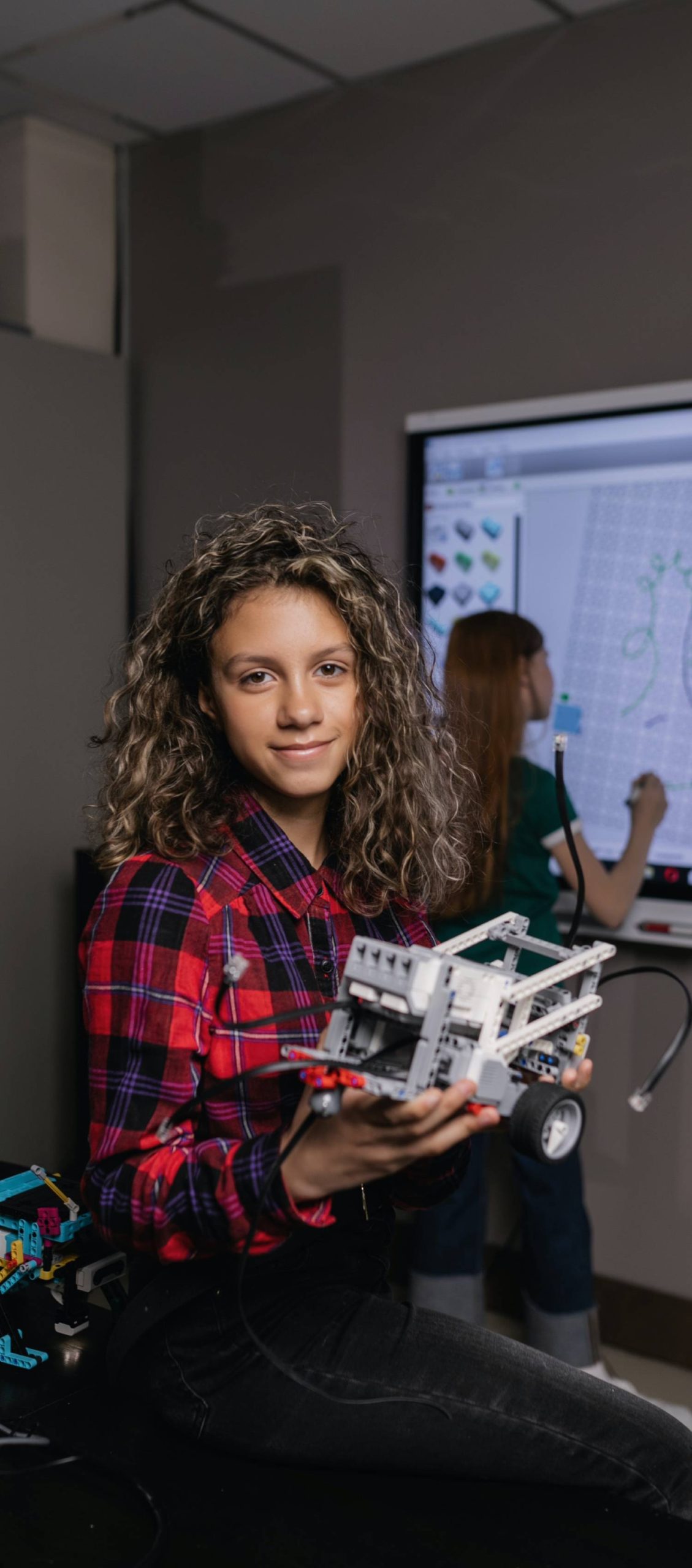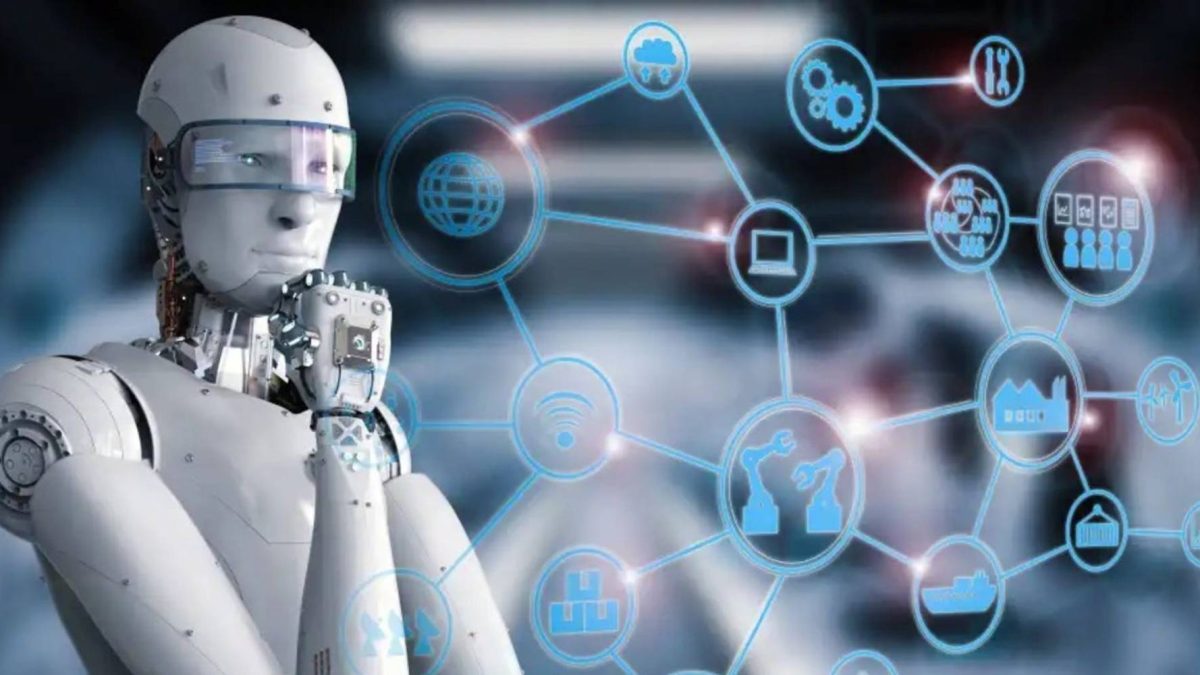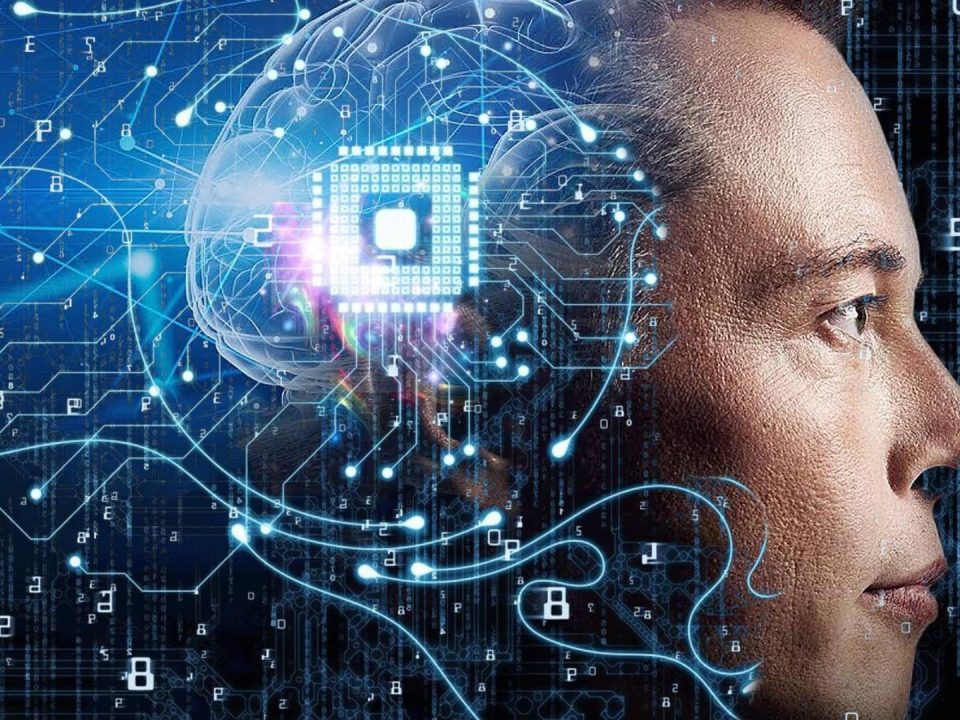
The Power of Education in Overcoming Racism and Discrimination
March 29, 2023
The Ultimate Guide to Building a Profitable Online Business
May 3, 2023The future of work: How automation and AI are changing the job market
The job market is undergoing a rapid transformation due to automation and artificial intelligence (AI). This shift is causing concern for many workers, as they worry about the impact these technologies will have on their careers. In this blog post, we'll take a closer look at the future of work and how automation and AI are changing the job market.
What is Automation and AI?
Before we dive into the impact of automation and AI on the job market, it's important to understand what these terms mean. Automation is the use of technology to automate tasks that were once performed by humans. This can include anything from manufacturing to administrative tasks.
AI, on the other hand, refers to the development of computer systems that can perform tasks that typically require human intelligence, such as learning, problem-solving, and decision-making. AI can be used to automate tasks, but it also has the potential to create entirely new products and services.
As automation and AI continue to advance, the job market is undergoing a major transformation. Here are some potential ways in which these technologies may impact the job market:
- Increased productivity: Automation and AI have the potential to significantly increase productivity by automating tasks and reducing errors. This can lead to increased efficiency and cost savings for businesses.
- Changes in skill requirements: As automation and AI become more prevalent, certain skills may become more in demand. For example, jobs that involve data analysis or programming may become more important.
- Job displacement: As more companies adopt automated systems, we may see a decline in jobs that involve routine, repetitive tasks. This could have significant impacts on certain industries and communities.
- New job opportunities: As automation and AI create new systems and technologies, new job opportunities may arise in areas such as software engineering, data analysis, and cybersecurity.
There are certain jobs that are more at risk of being replaced by automation and AI than others. These jobs tend to involve routine, repetitive tasks that can be easily automated. Examples include:
- Manufacturing jobs: Many manufacturing jobs involve repetitive tasks that can be easily automated.
- Administrative jobs: Tasks such as data entry, record-keeping, and appointment scheduling can all be automated.
- Transportation jobs: As self-driving cars become more prevalent, jobs such as truck driving and delivery may become automated.
- Customer service jobs: AI-powered chatbots are becoming increasingly common in customer service, which could lead to a decline in jobs in this field.


While some jobs are at risk of being replaced by automation and AI, there are many jobs that are less likely to be automated. These tend to be jobs that involve tasks that are difficult to automate, such as those that require creativity, critical thinking, and social skills. Examples include:
- Healthcare jobs: Healthcare workers require a high level of empathy and critical thinking skills, which are difficult to automate.
- Education jobs: Teachers require a high level of creativity and social skills, which are difficult to automate.
- Creative jobs: Jobs such as artists, writers, and musicians require a high level of creativity, which is difficult to automate.
- Management jobs: Managers require a high level of decision-making and leadership skills, which are difficult to automate.
As the job market continues to evolve, it's important for workers to be prepared for the changes that are coming. Here are a few tips for preparing for the future of work:
- Keep learning: As skill requirements change, it's important to stay up-to-date with the latest developments in your field. Take courses, attend conferences, and read industry publications to stay informed.
- Embrace technology: As automation and AI continue to disrupt the job market, it’s important for workers to embrace technology and adapt to new tools and systems. This means being open to learning new skills and seeking out opportunities for training and development. Additionally, workers can take advantage of technology to make their work more efficient and effective, such as using project management tools or automating repetitive tasks.
- Consider alternative work arrangements: With the rise of the gig economy and remote work, traditional employment arrangements are changing. Workers have the opportunity to work on a freelance basis, participate in the sharing economy, or work remotely for a company across the globe. While these arrangements may lack the security and benefits of traditional employment, they offer greater flexibility and the potential for higher earnings.
- Invest in continuous learning: As automation and AI continue to transform the job market, workers must invest in continuous learning to stay relevant and competitive. This means seeking out training and development opportunities, pursuing advanced degrees, and staying up-to-date on industry trends and technological advancements. Employers can also support workers in their pursuit of lifelong learning by offering training and development programs.
- Advocate for policy changes: To ensure that automation and AI benefit all workers, it’s important for individuals to advocate for policy changes that protect workers’ rights and promote equitable access to training and development opportunities. This includes policies that support worker retraining, provide unemployment benefits for displaced workers, and ensure fair wages and working conditions.
In conclusion, the future of work is rapidly changing, and it’s important for workers to prepare themselves for the challenges and opportunities that lie ahead. By embracing technology, exploring alternative work arrangements, investing in continuous learning, and advocating for policy changes, workers can thrive in the new world of work shaped by automation and AI.





